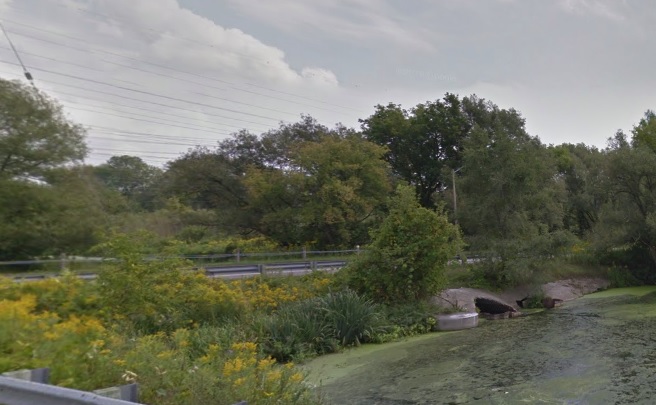A study out of McMaster University is raising some red flags about the impact of contaminants in the Cootes Paradise watershed.

Researchers took sunfish from an unpolluted source and submerged them in a cage downstream from the Dundas Wastewater Treatment Plant for a three-week period in 2016.
Graham Scott, the study’s senior author, says exposed fish had to burn thirty per cent more energy to decontaminate, leaving less energy available to evade predators, catch prey and reproduce.
Scott says this presents risks for the species and the overall ecosystem.
“Round goby, which are an invasive species that most people don’t really want here, they don’t have a good impact on our local environment, they don’t seem to suffer the same sort of cost of being exposed,” he said.
“What the effects of wastewater treatment plants might be, is they could change the success of different species.”
Scott links the metabolic impact on sunfish to what he calls modern pollutants that evade most wastewater treatment processes.
They include pharmaceuticals such as birth control medication and antidepressants that are flushed down the toilet, eventually making their way through treatment plants and into the watershed.
“There are new emerging technologies that are able to remove them but most wastewater treatment plants don’t have those technologies,” said Scott.
He says these findings suggest it’s time to consider those technologies and open up a discussion about the implementation of a regulatory system to monitor pollutant levels in wastewater and the natural environment.
- ‘She gets to be 10’: Ontario child’s heart donated to girl the same age
- Bird flu risk to humans an ‘enormous concern,’ WHO says. Here’s what to know
- Buzz kill? Gen Z less interested in coffee than older Canadians, survey shows
- Shoppers faces proposed class action over claims company is ‘abusive’ to pharmacists








Comments